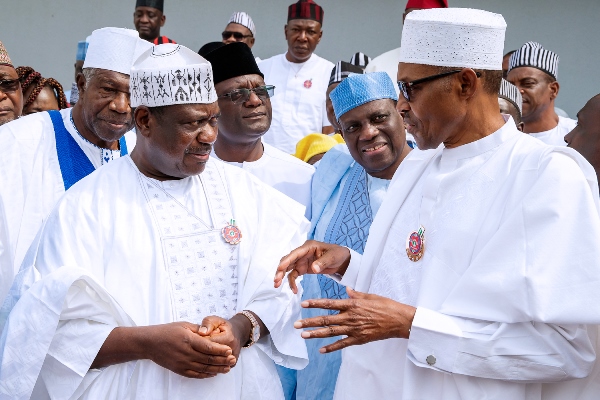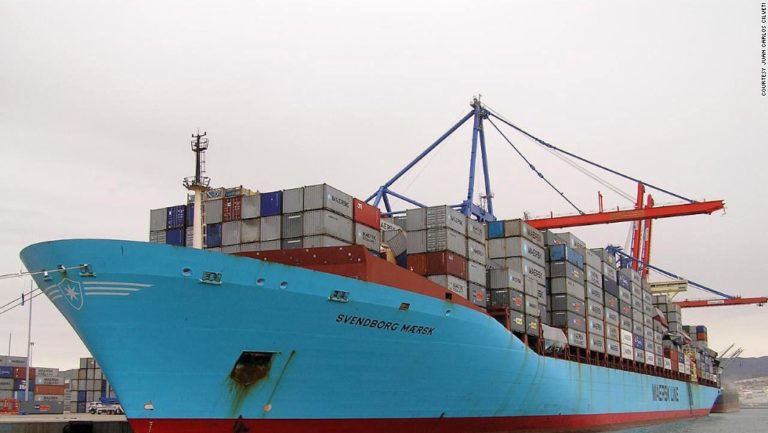
ASK THE EXPERT – 3: Public Private Partnership (PPP)
By Chris Ndibe, MD/CEO Carlcon and Free zones expert
Having x-rayed the public and private ownership of zones, the third part we should understand is Public Private Partnership (PPP).
PUBLIC PRIVATE PARTNERSHIP (PPP)
A zone is in a Public Private Partnership (PPP) when Federal or State government enters into partnership with a private company or individual(s) in developing and running a zone. There are many of such zones in Nigeria today. Out of over 40 licensed Free Zones in Nigeria, only Calabar and Kano Free Zones are Federal government owned and pioneering the Free Zone projects in the country. Maigateri, Abuja Technical village, Railway Oyo, Banki, etc. are state government owned, many are Public/Private owned, while the rest are privately owned such as Ladol.
Public Private Partnership (PPP)
Public Private Partnership (PPP) has precisely no definition that is universally accepted.
Diverse governments all over the world make use of different definitions of PPP. While some governments may define any relationship it has with private sector as PPP, some governments may use a more restrictive definition which may entail the use of specific contractual models or financing mechanisms. The essential aspect of PPP arrangement is a focus on the services to be provided and not on the assets to be employed. Another aspect is a shift of risks and activities associated with the provision of services from the public entity to a private entity.
The Institute of Public Private Partnership (IP3) defines PPP as “a form of legally enforceable contract between the private contractor (money, or technology, or expertise/time, or reputation.) in which payments are made in exchange for performance, for the purpose of delivering a service traditionally provided by the public sector.” This definition connotes that effective PPPs typically consist of three vital elements:
▪ A contractual agreement stating the obligations of the parties;
▪ Sharing of risk between the public and the private sector partners; and
▪ Output-based financial rewards.
Therefore, PPPs that result in improved services are affordable to governments and users and offer value for money.
The proponents of this aspect of ownership structure argue that although the public sector is accountable for service delivery, it is not, in many cases, the most appropriate service provider in terms of cost, quality, and ability to absorb commercial risk.
In addition, PPP attracts the necessary financing which is needed to augment the limited government fund and they have the potential to offer better value for money through:
• Allocation of risk to the party that can manage it best;
• Harnessing of private sector innovation, commercial and directly in the provision of assets and services;
• More efficient project delivery based on private sector management principles;
• Greater accountability for the delivery of service; and
• Generally transferring of financing duties to the private sector, thus freeing up public funds.
The analogy often used here is that government’s role has changed from that of “rowing” to that of “steering.” While each PPP may be unique and the nitty-gritty varies from one PPP to another, there are certain core principles that every PPP has to adhere to in order to be effective. These core principles are:
• The focus of the public sector is to attract the services and not the assets.
• It is the public sector that specifies the required service outputs and not the Private sector.
• In most cases it is the private sector that provides the design, build, operate and finance the PPP.
• Risks are identified and placed with the party best able to manage them, not the party responsible for the risk.
• It is an out-put-based policy because the payment is made to the private sector based on the provision of goods and services. The important objective is to achieve “Value for Money.”
Today, the trend of Public Private Partnership, where a state indicates interest to jointly own a zone with a Private company is encouraged to facilitate speedy development, management and promotion. Further approaches to this partnership could be seen as follows:
• Public provision of off-site infrastructure and facilities(Utility connection, roads, rails etc.) as an incentive for private funding of on-site infrastructure and facilities.
• Assembly of land parcels with secured Title and development right by the government for lease to Private Zone Developers.
• Build-Operate -Transfer and Build-Operate-own approaches of on-site and off-site zone infrastructure and facilities, with government guarantees and support.
• Contracting private management for government-owned zones (management contracting), or lease of government zones assets by a private operator (beneficial ownership). It is perhaps more difficult for a government official to communicate with investors, than it is for a private sector. To communicate with private sector individual from another country.
In conclusion, entry of the private sector into zone development has made lots of difference. Most countries have either set up specialised public sector zone development and management agencies, or increasingly divested the physical project development function to the private sector. The private sector has also changed the range of facilities, services and amenities available within the zone. As a matter of fact, our company’s advice to governments in Africa, whether federal or state, is to limit their involvement to 15% of the total capital out lay. This will reduce government involvement and control of the zone’s operation. Generally, Public Private Partnership is seriously advocated for this part of the world.
The leadership of government is necessary to amend laws governing foreign investment and financial incentives. Funds borrowing is facilitated by government are large that few private investors would take.
As stated in earlier write up on Private Zone, both public and private interest will continue to be important in the development of Free Trade Zone. How much of the task that should be public or private depends on each country’s culture, objectives, current situation and market prospects.
The three critical dimensions to the issues of Zone ownership, as it applies to Public Private Partnership are:
1. Who builds the zone and infrastructure?
2. Who operates the Zone?
3. Who exercises the social control to ensure that the zones meet social objectives?
When we create a Free Zone, or any business, we create a social contract. If it must work, we have to be careful that the social contract fits into framework of the country.














